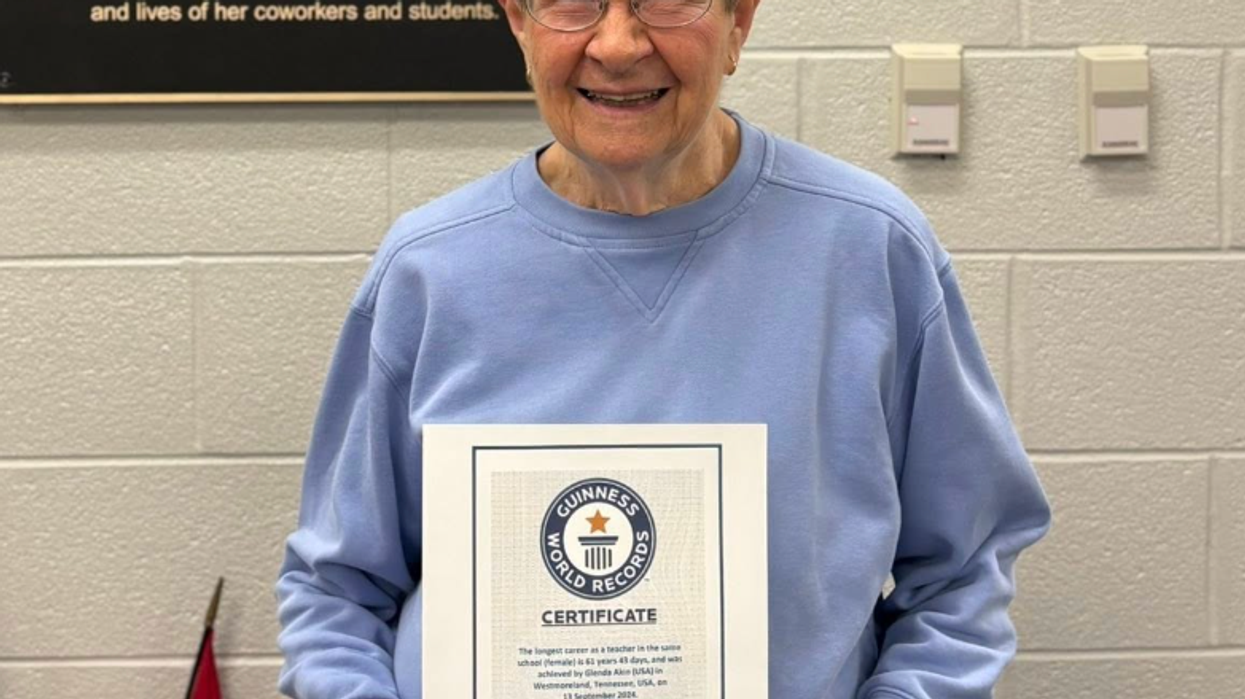If the population of the world was only 100 people, what would society look like? And would it change how you behaved if you were one of them?
Do you make $90 or more each day? Well, congratulations! You are a member of the global 1 percent! But you should probably give a few bucks to the 71 people surviving on less than $10 in that same time period. Do you have access to clean water? Then you might want to share it with the 13 people don’t. The same goes if you’re among the 77 fortunate people who lives in a home. Would you open your doors to one of the 23 people without one? By the way, if that house guest speaks Mandarin you should definitely have them teach you, because at 12 percent of your new condensed community it is the single most spoken language in the world.
So if these 100 people were your new neighbors instead of anonymous individuals spanned out across an entire planet, what would you do about it?
Produced and Written by Gabriel Reilich
Animation by Jake Infusino: https://supertheory.co
Sources:
https://www.cia.gov/library/publications/the-world-factbook/
https://www.100people.org/
https://www.census.gov/popclock/
https://worldpopulationreview.com/countries/
https://en.unesco.org/gem-report/
https://www.pewglobal.org/interactives/purchasing-power-calculator/


















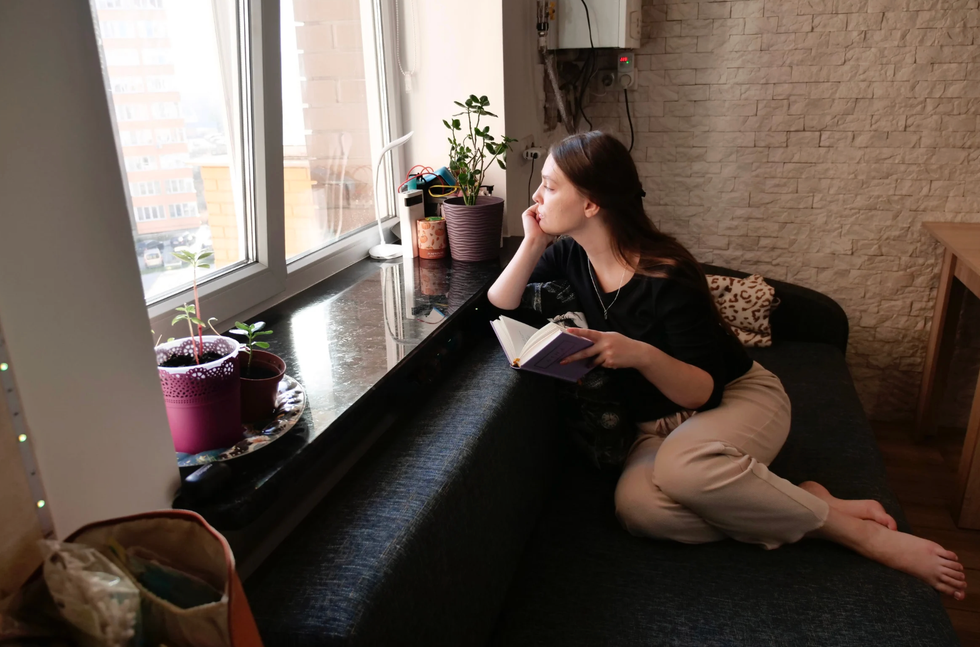 A woman relaxes with a book at homeCanva
A woman relaxes with a book at homeCanva An eviction notice is being attached to a doorCanva
An eviction notice is being attached to a doorCanva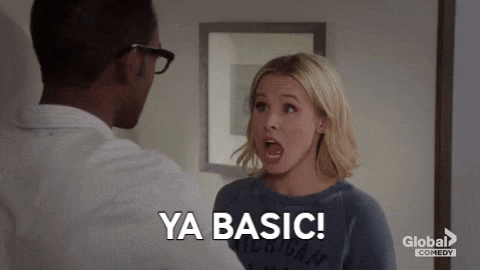 Gif of Kristen Bell saying 'Ya basic!' via
Gif of Kristen Bell saying 'Ya basic!' via 
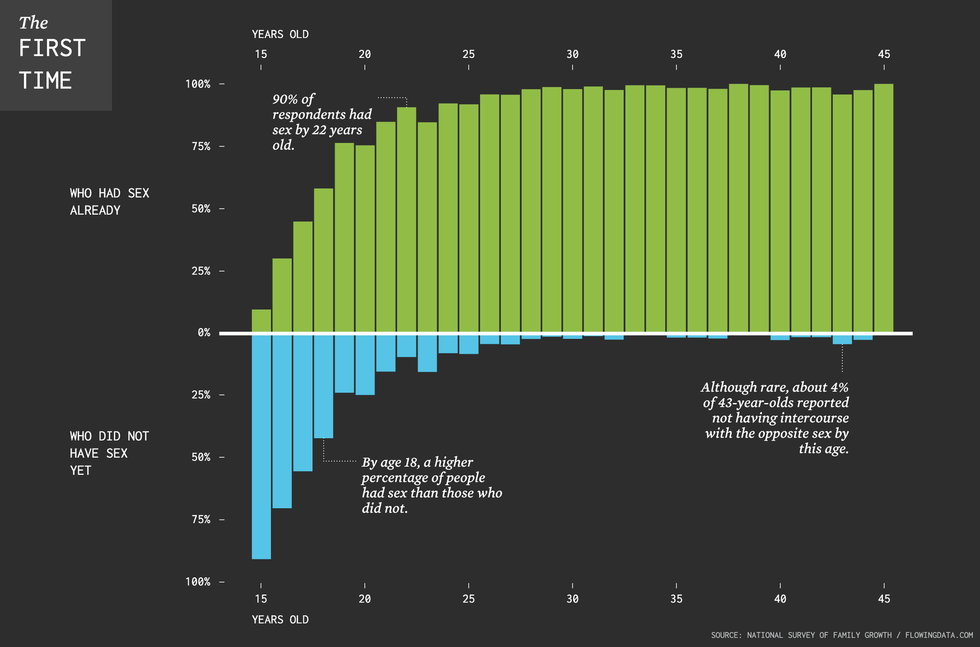 The chart illustrates that between ages 16 and 20, roughly half the population loses their virginity. By age 22, 90% of the population has had sex.
The chart illustrates that between ages 16 and 20, roughly half the population loses their virginity. By age 22, 90% of the population has had sex. A group of young people hold their phonesCanva
A group of young people hold their phonesCanva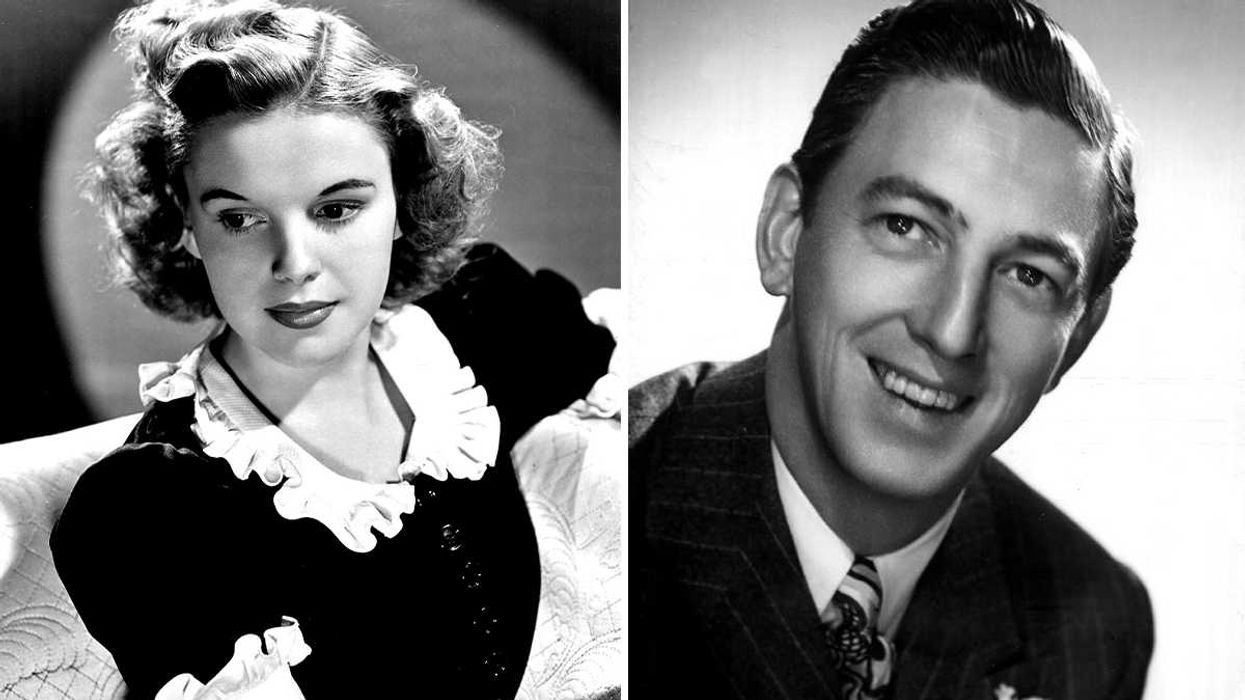
 (LEFT) Judy Garland as Dorothy Gale and (RIGHT) Ray Bolger as Scarecrow from "The Wizard of OZ"CBS/
(LEFT) Judy Garland as Dorothy Gale and (RIGHT) Ray Bolger as Scarecrow from "The Wizard of OZ"CBS/ 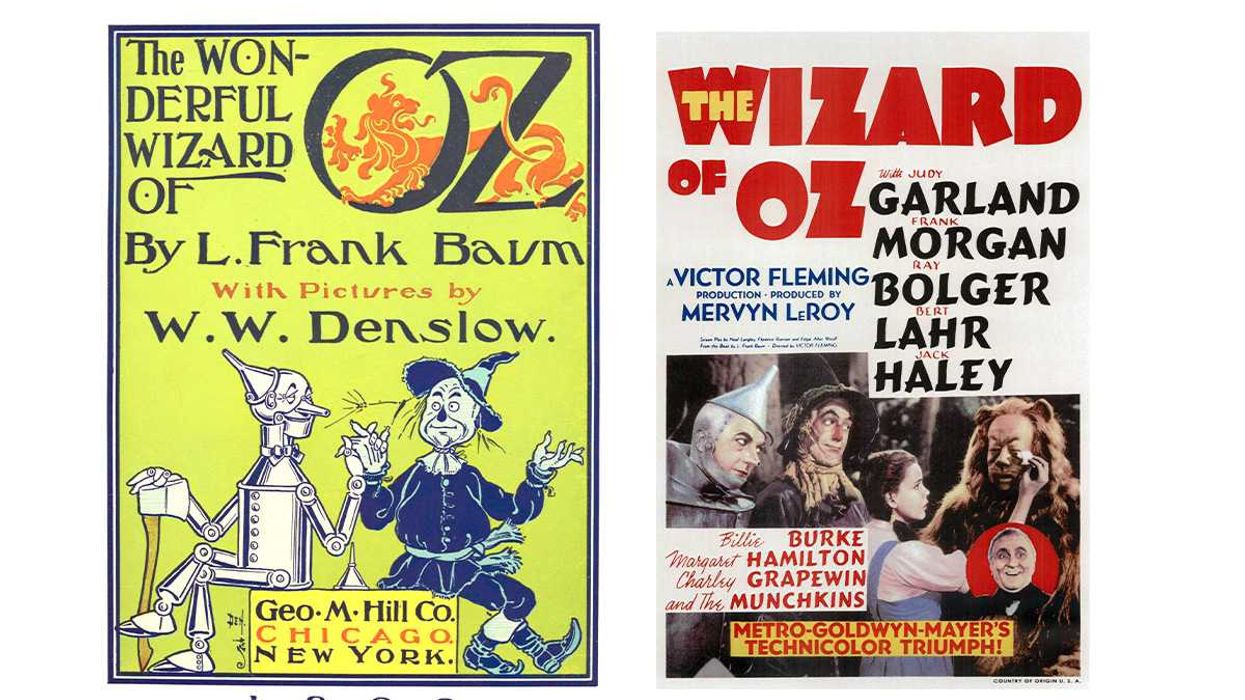 (LEFT) The Wonderful Wizard of Oz children's novel and (RIGHT) The Wizard of Oz movie poster.William Wallace Denslow/
(LEFT) The Wonderful Wizard of Oz children's novel and (RIGHT) The Wizard of Oz movie poster.William Wallace Denslow/ 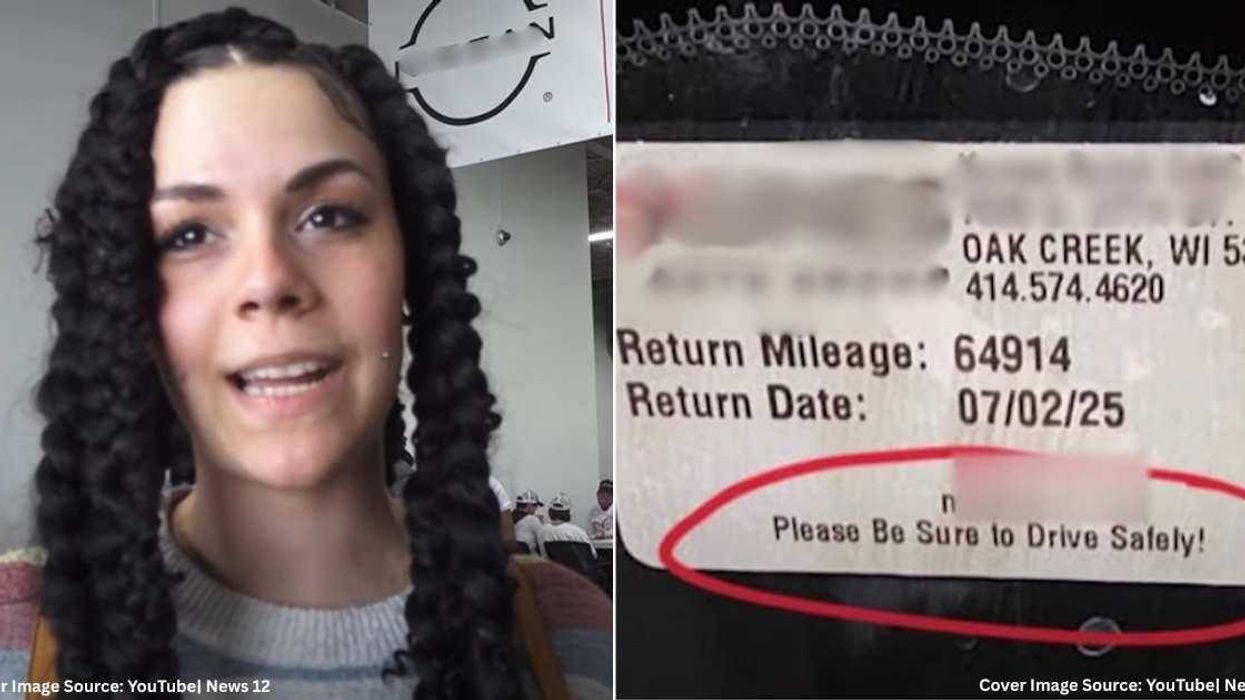
 A frustrated woman at a car dealershipCanva
A frustrated woman at a car dealershipCanva Bee Arthur gif asking "What do you want from me?" via
Bee Arthur gif asking "What do you want from me?" via 
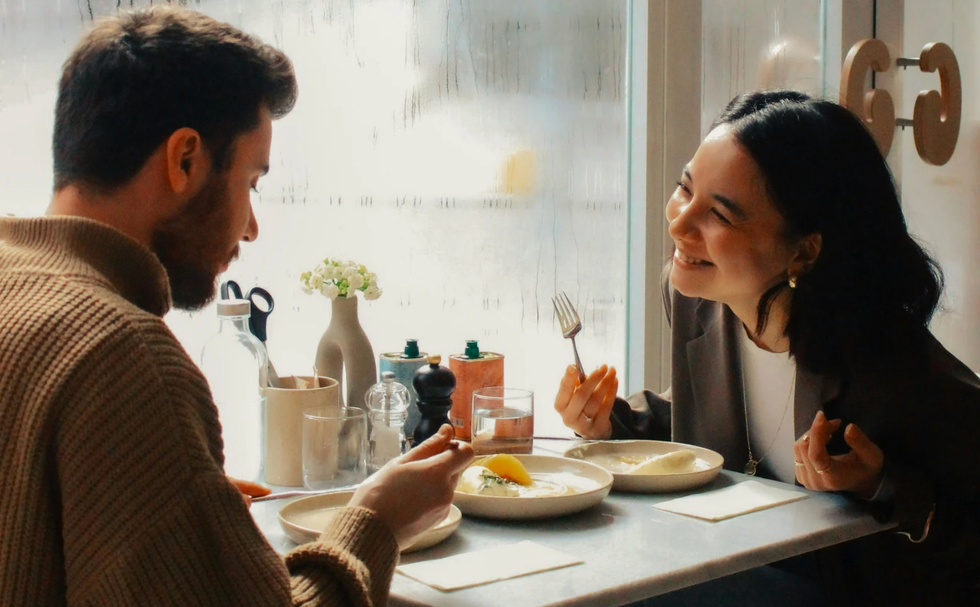 A couple on a lunch dateCanva
A couple on a lunch dateCanva Gif of Obama saying "Man, that's shady" via
Gif of Obama saying "Man, that's shady" via 